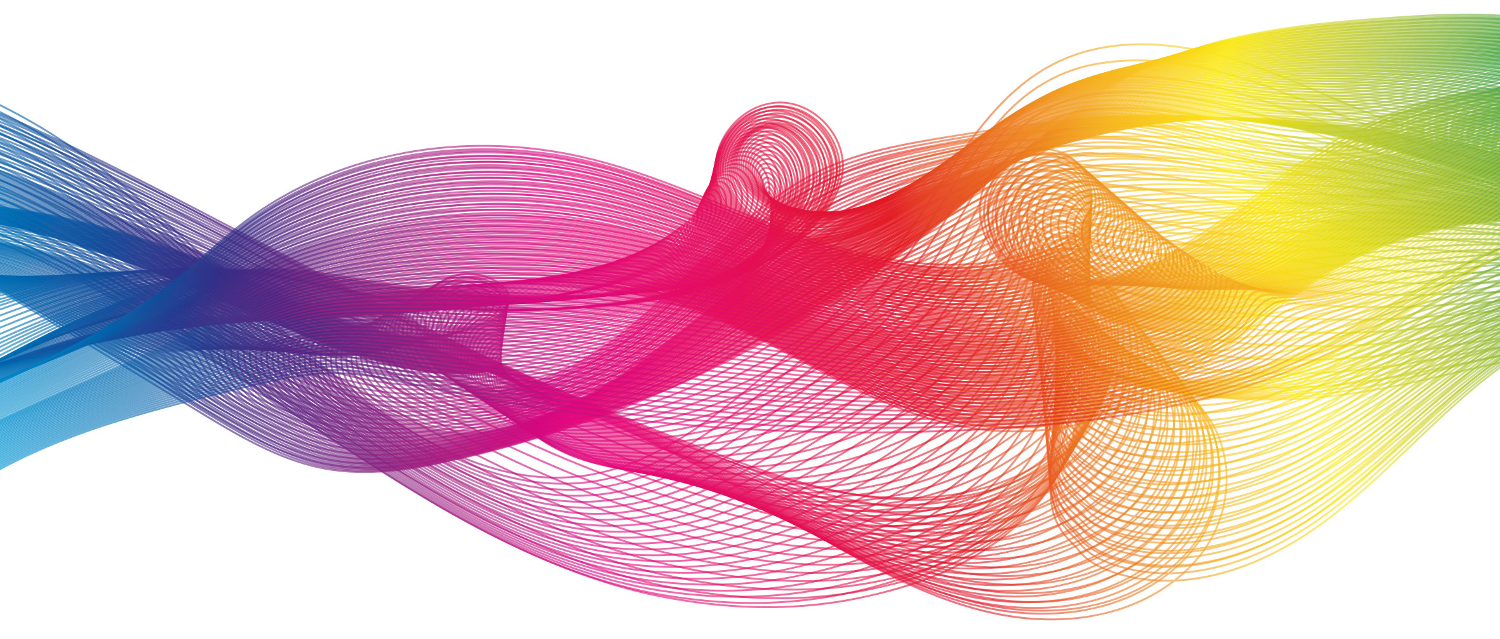The claim to measure education is as old as teaching and learning processes have been offered and organized in an institutionalized form. The aim was and is to improve and optimize learning and education. The central hope is to be able to better support individual learning through the collection of data and the use of metrics. This measurement has gained momentum through the various PISA studies of the last 20 years and will continue to increase due to the possibilities of processing digital data of all kinds.
This new anthology takes a critical look at the datafication of education through contributions from interdisciplinary perspectives. The results are based in part on the research conducted as part of the joint project “All Is Data”, which Prof. Mandy Schiefner-Rohs (RPTU Kaiserslautern-Landau), Prof. Sandra Hofhues (Fernuni Hagen) and Prof. Andreas Breiter (ZeMKI and ifib) carried out with their teams. On the other hand, guest contributions were invited to broaden the diversity of perspectives.
Doreen Büntemeyer, the ZeMKI members Prof. Dr. Andreas Breiter, Adrian Roeske and the former ZeMKI member Dr. Irina Zakharova are involved. The publication is available in Open Access.
Link to the book
The ZeMKI-Lab “Media & Education” is organizing the workshop “Tutorial Culture – Audiovisual Diversity in Communicative Figurations of Informal Learning” next Friday, as part of the research focus “Audiovisual Cultures”.
When: 08.12.2023 – 9:00 am to approx. 3:00 pm
Where: ZeMKI meeting room, Linzerstraße 4.
Everyone is invited!
Gladly also – if time or interest does not allow it – only as a part-time visit.
The program:
9:00 – 9:30 Introduction “Tutorial Culture – Audiovisual Diversity in Communicative Figurations of Informal Learning” (Karsten D. Wolf)
9:30 – 10:30 Audiovisual design aspects of explanatory videos from a didactic perspective: physics (Christoph Kulgemeyer) and mathematics (Martin Ohrndorf & Maike Vollstedt)
10:30 – 11:30 Audiovisual design aspects of explanatory videos from a media psychology perspective (Florian Schmidt-Borcherding)
11:30 – 12:30 Cinematic design features of explanatory videos and tutorials: YouTube-specific and domain-specific design features (Patrick Jung and Karsten D. Wolf ) and subject-specific design features in explanatory videos on the topic of history (Sabine Horn)
Lunch break (Attention, we are at ZeMKI and have no real catering, please bring something with you if necessary)
13:00 – 14:00 (Gender) Diversity in explanatory videos and tutorials (Verena Honkomp-Wilkens & Karsten D. Wolf)
From 14:00 Current research questions & planning publication (Frontiers in Education + application perspectives if applicable)
Tomorrow is the third lecture of the series “Communicative AI Lectures: ChatGPT, Ethics and Sustainability” at ZeMKI with Prof. Dr. David Gunkel: “The Relational Turn: A Techo-Ethics for the 21st Century and Beyond“ – “Person, Thing, Robot – European Tour”
When: 5th December 2023 – 18:00-20:00h
Where: Rotunde, Cartesium Building (Enrique-Schmidt-Straße 5, 28359 Bremen)
If you are unable to attend in person, you can request a recording of the presentation here.
More information about the lecture and the lecture series can be found here.
On 24.11.2023, ZeMKI member Prof. Dr. Andreas Hepp will give a lecture at the 19th Interdisciplinary Conference of the JFF – Institute for Media Education. The title of this year’s conference is “VIVA LA GENERATION- The Generation Debate in the Media”. Andreas Hepp’s contribution in Munich deals with the topic “Generation App, Social Media and AI: Why the idea of incisive media generations falls short – and media generational thinking still helps”.
To the conference program
On 28.11.2023 is the second lecture form the series “Communicative AI Lecture: ChatGPT, Ethics and Sustainability”. The guest is Prof. Dr. Nick Couldry (LSE, UK) with the topic “AI as knowledge capture and colonial landgrab”.
When: 28.11.2023 – 18:00 – 20:00h
Where: Rotunda, Cartesium Building (Enrique-Schmidt-Str.5, 28359 Bremen)
If you can’t be there in person, you can get a Zoom-Link here.
More information about the lecture by Prof. Dr. Nick Couldry and the lecture series here.
